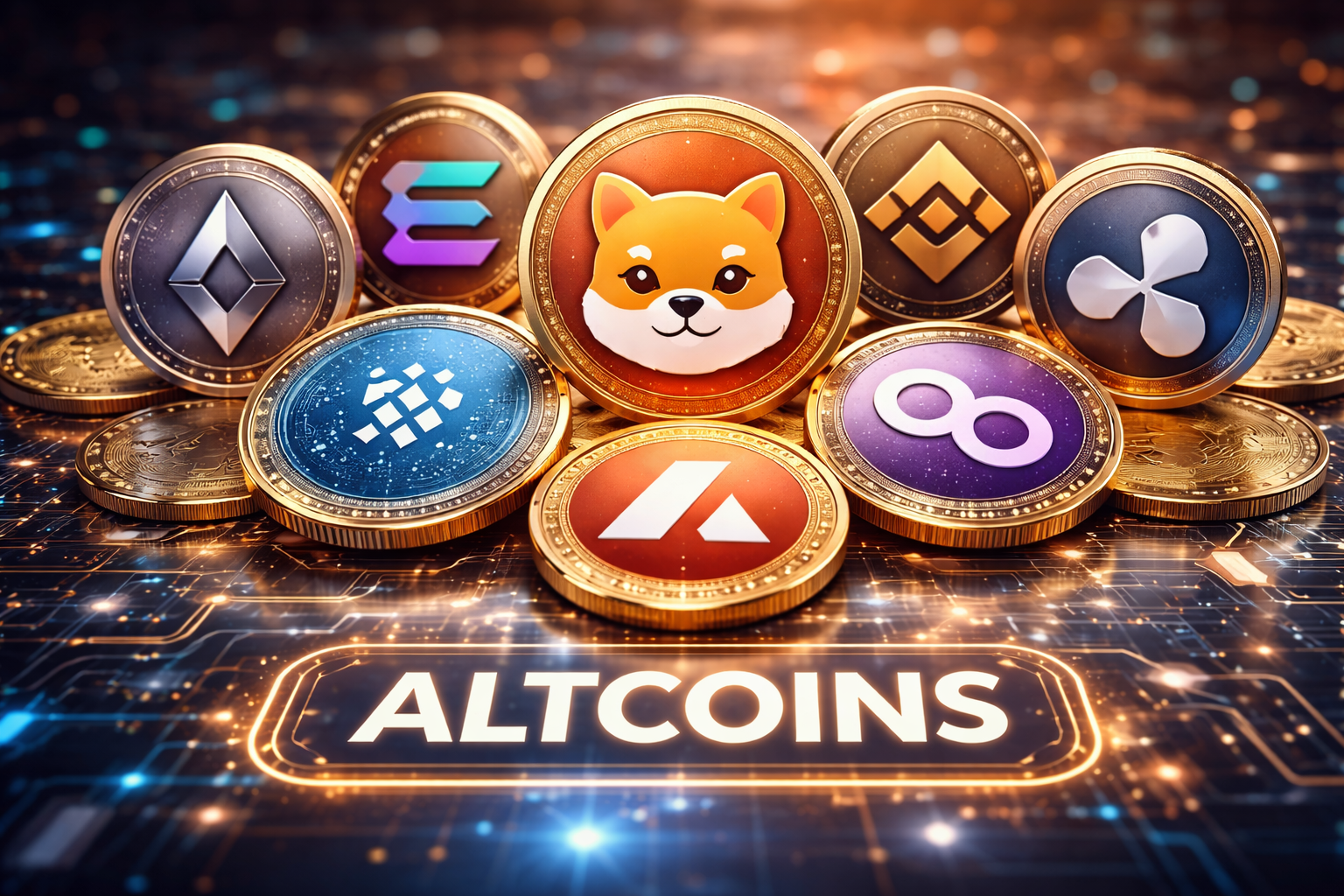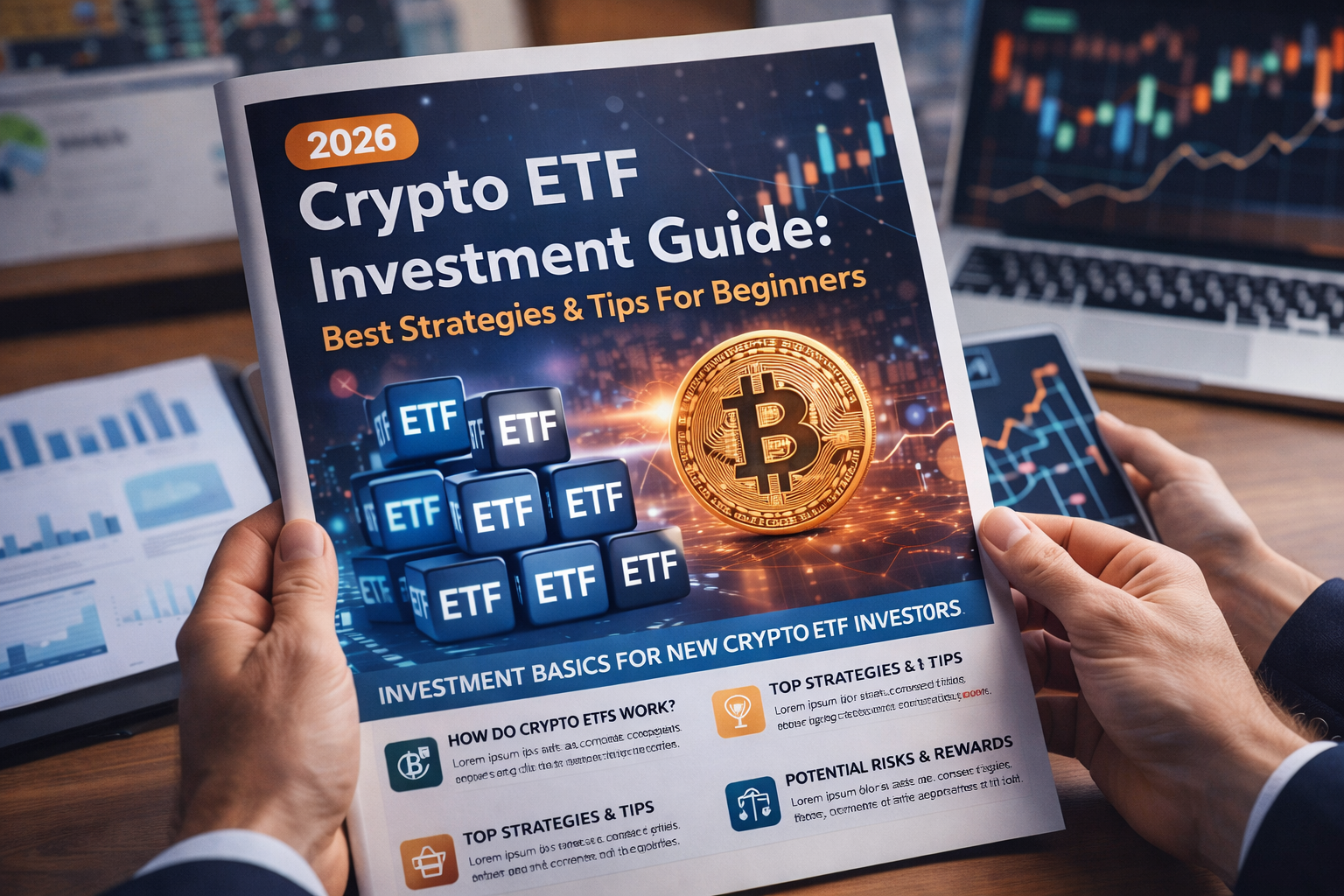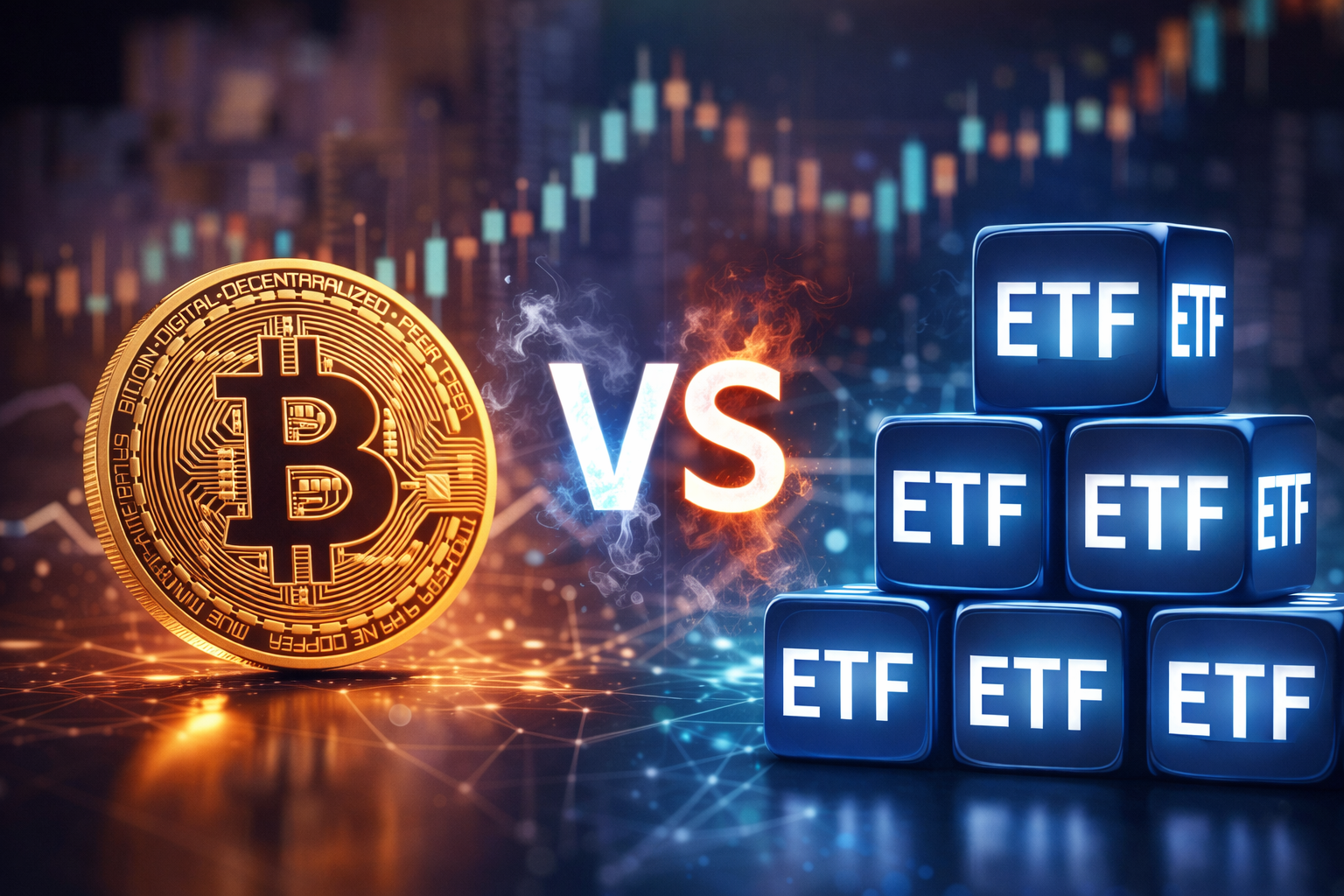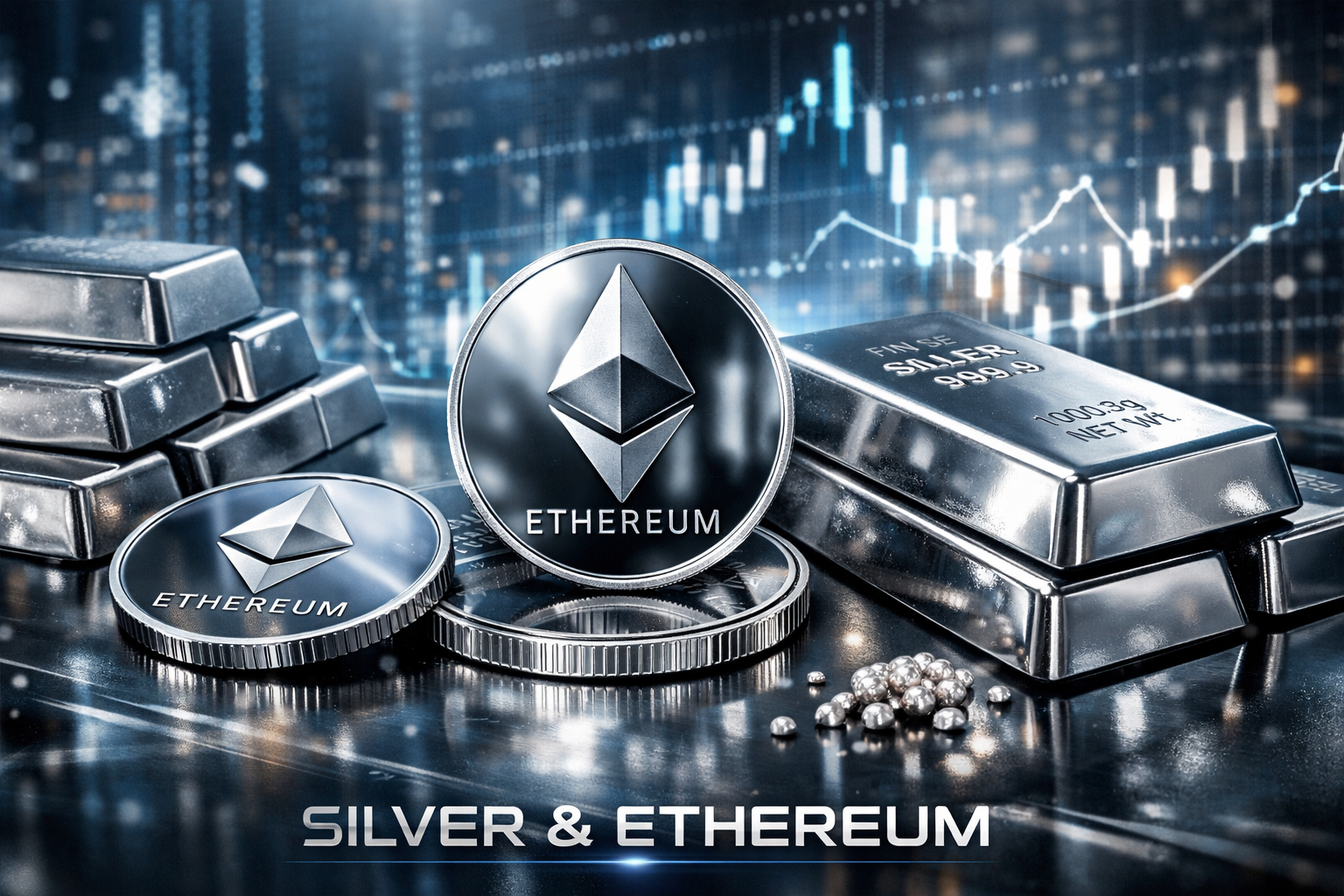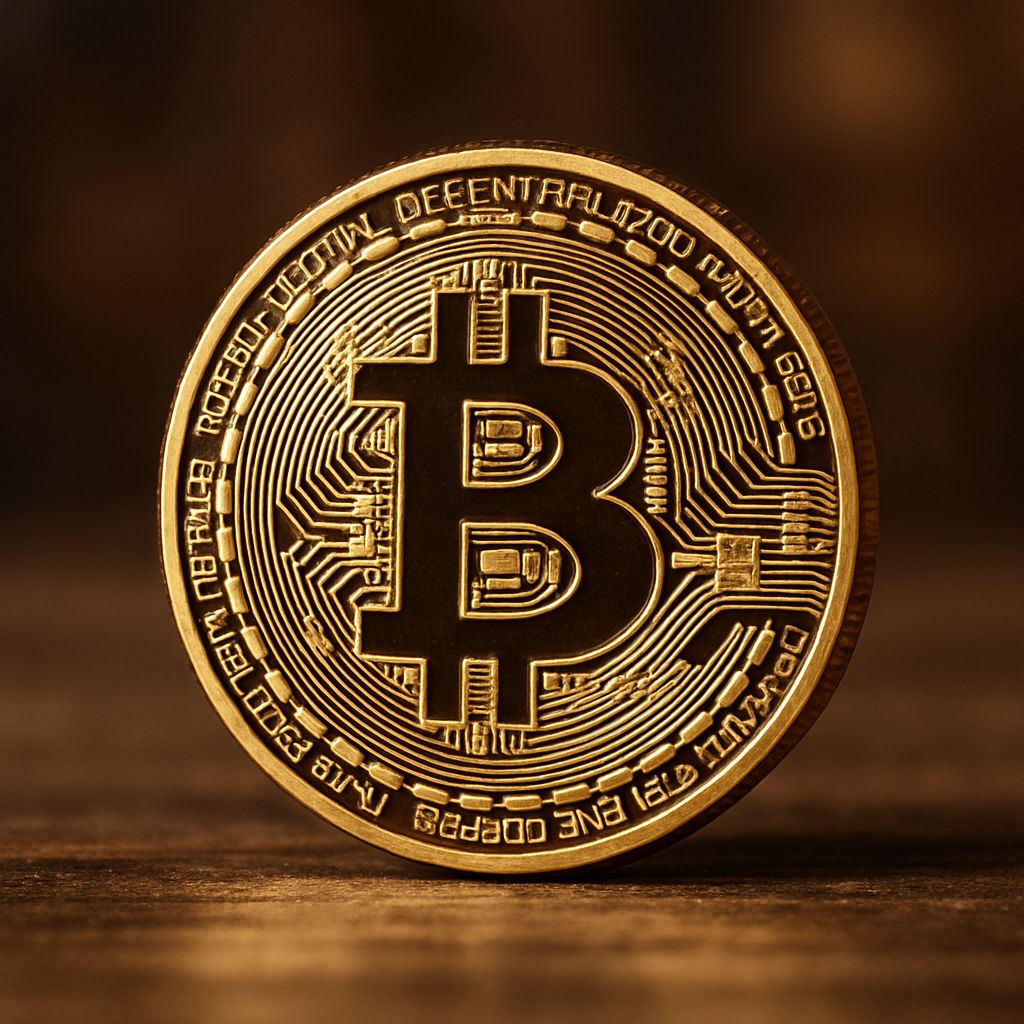
James Carter
Altcoin Adoption and Regulation: A Complex Landscape
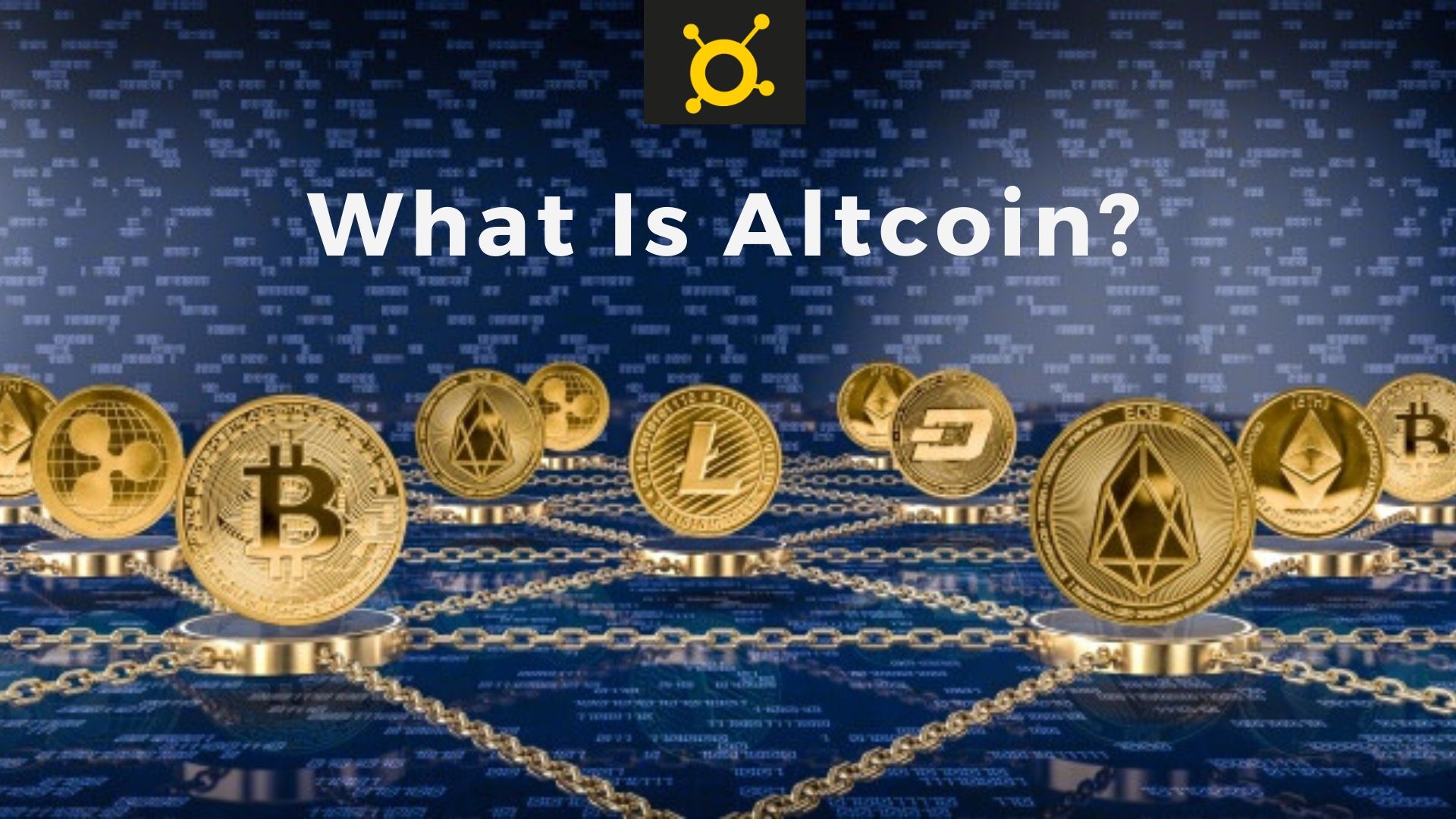
Altcoins are a new and exciting addition to the cryptocurrency market. In contrast to Bitcoin, which is the most popular and widely used cryptocurrency, altcoins offer unique features and benefits that make them an attractive alternative for investors and traders. Altcoins are also important because they drive innovation and competition in the cryptocurrency industry. In this article, we will provide an in-depth analysis of altcoins, covering their history, characteristics, market, adoption, investment, and regulation.
I. History and Background of Altcoins
The first altcoin was Namecoin, which was launched in 2011 as a fork of Bitcoin. Namecoin was created to offer a decentralized domain name registration system. Since then, hundreds of altcoins have been created, each with its own unique features and purposes. Some of the most popular altcoins include Ethereum, Litecoin, Ripple, Bitcoin Cash, and Cardano.
Altcoins were created because of the limitations of Bitcoin. Bitcoin is designed to be a decentralized digital currency that operates on a blockchain. However, Bitcoin’s blockchain is limited in its functionality, and it cannot be easily modified. Altcoins were created to offer new and improved features, such as faster transaction times, greater scalability, and more advanced smart contract capabilities.
II. Characteristics of Altcoins
Altcoins differ from Bitcoin in several ways. For example, some altcoins use different consensus algorithms than Bitcoin’s proof-of-work algorithm. Some altcoins also offer greater anonymity and privacy than Bitcoin. Altcoins may also be designed to serve different purposes, such as providing a platform for decentralized applications (dApps) or facilitating faster and cheaper transactions.
There are several types of altcoins. Some altcoins are designed to be a direct competitor to Bitcoin, offering similar features but with improvements. Other altcoins are designed to be complementary to Bitcoin, offering features that Bitcoin does not have. There are also altcoins that are designed for specific use cases, such as privacy-focused altcoins or altcoins that are designed for use in the gaming industry.
III. Altcoin Market
The altcoin market is a significant part of the overall cryptocurrency market. Altcoins currently make up around 40% of the total cryptocurrency market capitalization. Altcoin dominance has fluctuated over time, with Bitcoin dominance reaching as high as 95% in early 2017 before declining to around 40% in 2021.
Altcoins are traded on many cryptocurrency exchanges, with some exchanges specializing in altcoins. The most popular altcoin exchanges include Binance, Coinbase, Kraken, and Bitfinex. Altcoin trading is similar to Bitcoin trading, with traders buying and selling altcoins for other cryptocurrencies or fiat currencies.
IV. Altcoin Adoption
Altcoin adoption has been growing steadily in recent years. The adoption of altcoins is driven by several factors, such as the desire for greater privacy and anonymity, the need for faster and cheaper transactions, and the desire to use blockchain technology for a variety of applications.
However, altcoin adoption faces several challenges. One of the biggest challenges is the lack of awareness and understanding of altcoins among the general public. Many people are still unaware of altcoins and do not understand their potential benefits. Additionally, altcoins may face regulatory challenges in some jurisdictions, which could limit their adoption.
Despite these challenges, altcoin adoption is likely to continue growing in the coming years. Altcoin adoption trends suggest that altcoins will continue to gain popularity as more people become aware of their benefits and more businesses begin to accept them as a form of payment.
WATCH THE VIDEO BELOW FOR MORE CLARIFICATIONS.
V. Altcoin Investment
Altcoin investment can be a lucrative opportunity for investors. However, altcoin investment is also associated with higher risks than Bitcoin investment. Altcoins are more volatile than Bitcoin, and their prices can fluctuate rapidly in response to market conditions and news events.
Investors who are interested in investing in altcoins should carefully consider the risks and rewards of altcoin investment. Altcoin investment strategies can vary depending on the investor’s goals and risk tolerance. Some investors may choose to invest in a diversified portfolio of altcoins, while others may focus on a few specific altcoins that they believe have strong potential for growth.
Altcoin portfolio management is also an important consideration for investors. Portfolio management strategies may include regular rebalancing of the portfolio, monitoring of market conditions and news events, and setting stop-loss orders to limit potential losses.
VI. Altcoin Regulation
Altcoin regulation is a complex and evolving area of the cryptocurrency industry. Altcoins are subject to regulation in many jurisdictions, and regulatory frameworks for altcoins can vary significantly from country to country. Some countries have banned altcoins altogether, while others have implemented regulatory frameworks to govern their use.
Regulatory challenges facing altcoins include issues such as money laundering, terrorism financing, and consumer protection. Governments and regulatory bodies are also concerned about the potential risks associated with the use of altcoins, such as market volatility and fraud.
The future of altcoin regulation is likely to involve a mix of government policies and self-regulation by the cryptocurrency industry. Governments may continue to implement regulations to protect consumers and prevent illegal activities, while the cryptocurrency industry may implement self-regulatory measures to promote transparency and accountability.
VII. Benefits of Investing in Altcoins
Altcoins, or alternative cryptocurrencies, have gained significant attention in recent years due to their unique features and benefits. Here are five benefits of altcoins:
- Greater Privacy and Anonymity
One of the key benefits of altcoins is their ability to offer greater privacy and anonymity compared to Bitcoin. Altcoins such as Monero and Zcash use advanced cryptography to protect user identities and transaction details, making it difficult for third parties to track or monitor their activities.
- Faster and Cheaper Transactions
Altcoins often have faster transaction times and lower transaction fees compared to Bitcoin. For example, Litecoin, which is a faster and cheaper alternative to Bitcoin, can process transactions in just 2.5 minutes and has transaction fees that are significantly lower than Bitcoin.
- Unique Features and Functionality
Altcoins offer unique features and functionality that make them useful for specific purposes. For example, Ripple is designed to facilitate fast and low-cost cross-border payments, while Ethereum enables the development of decentralized applications through its smart contract functionality.
- Diversification of Investment Portfolio
Altcoins can provide investors with a way to diversify their investment portfolio beyond Bitcoin. By investing in a variety of altcoins with different use cases and features, investors can reduce their exposure to risk and potentially increase their overall returns.
- Innovation and Competition
The development of altcoins drives innovation and competition within the cryptocurrency industry. As developers create new altcoins with unique features and use cases, they push the industry forward and encourage the adoption of cryptocurrency as a whole. This competition also helps to keep transaction fees low and transaction times fast, benefiting users and investors alike.
Summary
In conclusion, altcoins are a new and exciting addition to the cryptocurrency market. Altcoins offer unique features and benefits that make them an attractive alternative to Bitcoin for investors and traders. Altcoin adoption is growing steadily, driven by factors such as the need for greater privacy and anonymity, the desire for faster and cheaper transactions, and the potential for blockchain technology to be used in a variety of applications.
Altcoin investment can be a lucrative opportunity for investors, but it is also associated with higher risks than Bitcoin investment. Altcoin regulation is a complex and evolving area of the cryptocurrency industry, and the future of altcoin regulation is likely to involve a mix of government policies and self-regulation by the cryptocurrency industry.
Overall, altcoins are an essential part of the cryptocurrency industry, and they are likely to continue driving innovation and competition in the years to come. Investors and traders who are interested in altcoins should carefully consider the risks and rewards of altcoin investment and stay up-to-date on the latest market trends and regulatory developments.
Latest
Altcoins
06 Feb 2026
Altcoins
05 Feb 2026
Altcoins
03 Feb 2026
Altcoins
20 Jun 2024
Altcoins
09 May 2024
Altcoins
19 Apr 2024






